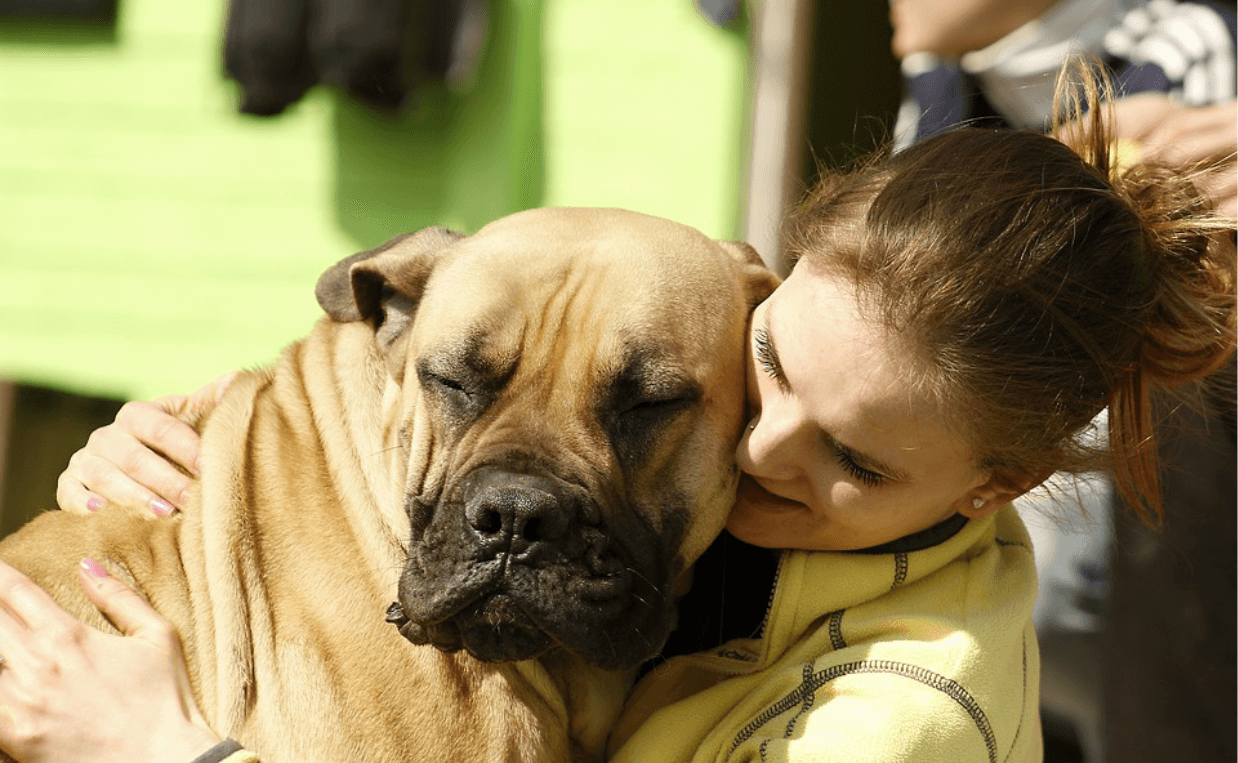
When you share your home with a large breed dog, you need to think – and act – BIG.
Of course, the term “large breed” can be interpreted to mean a Golden Retriever, while others think more in terms of a Russian Wolfhound or Neapolitan Mastiff. Regardless of your interpretation of “large”, there are many considerations that need to be thought about before you decide to adopt a large or giant breed into your family.
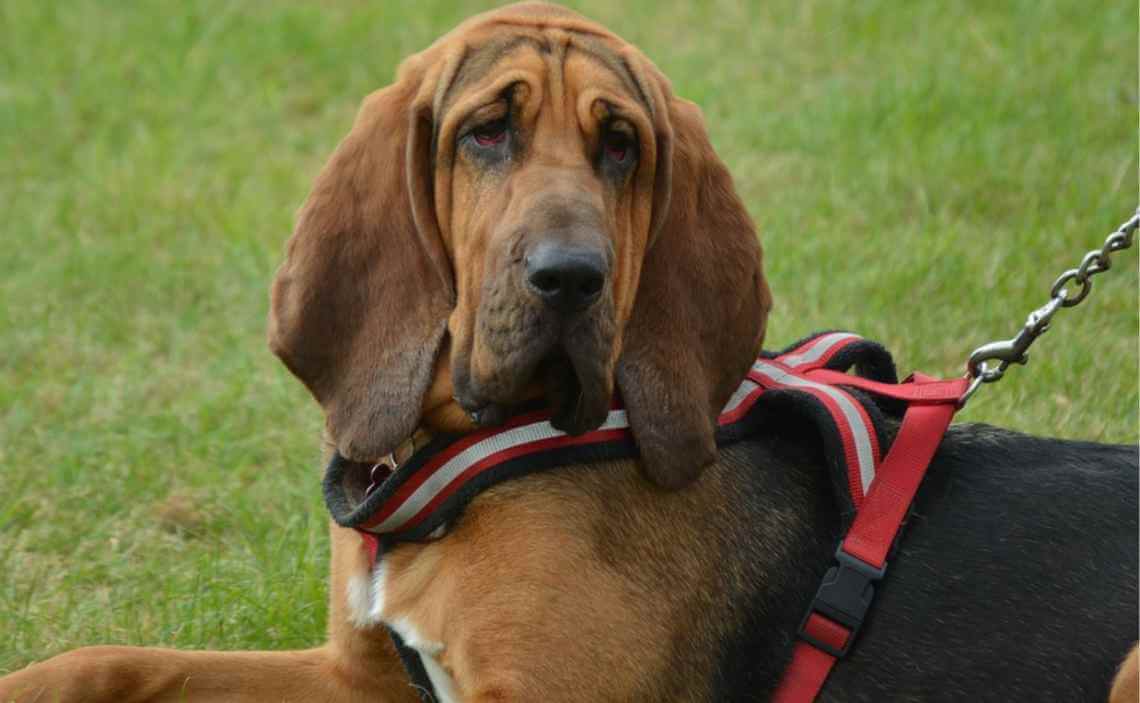
While there is no official definition of large and giant breeds, the American Kennel Club (AKC) defines a large breed dog as weighing between 45 and 100 lbs, while extra-large breeds weigh between 85 and 180+ lbs or are over 24 inches tall at the shoulders.
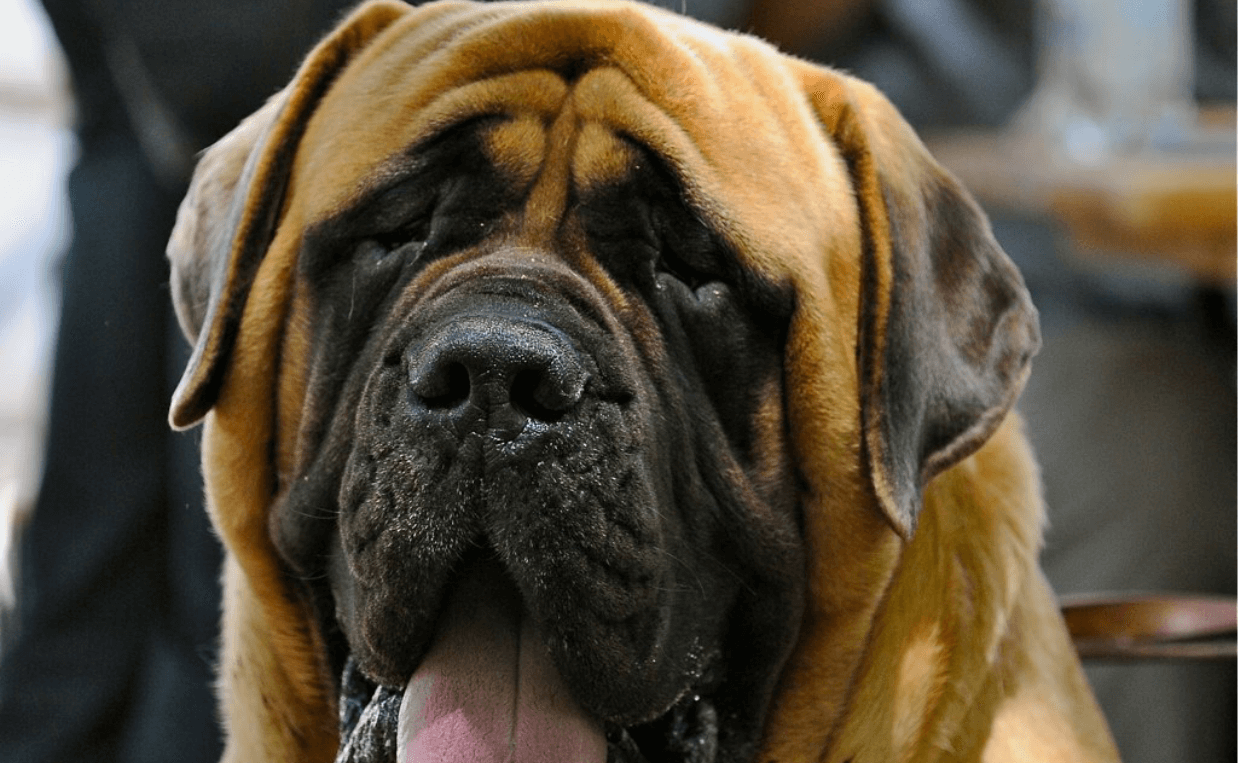
Advantages of a Large or Giant Breed Dog
-
Security
Large dogs tend to incite caution among those who might have less-than-honorable intentions. Large dogs have big voices, and their larger-than-life physical presence can be a deterrent to burglars and other nefarious would-be intruders.
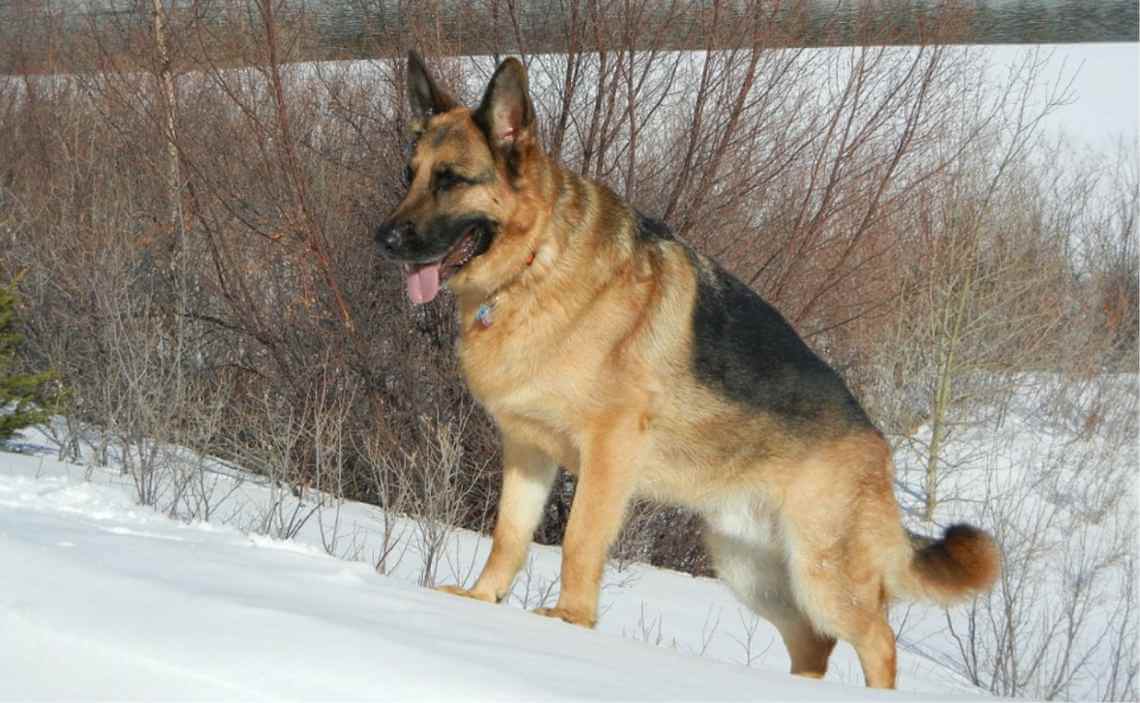
-
Great outdoor companions
In general, large dogs love to be outside and can go for prolonged outdoor excursions. If you enjoy hiking, camping or other outdoor activities, a large dog will want to tag along and keep you company. They are good at fending off wildlife that might want to harass you. But they may not fit very well into your canoe or kayak!
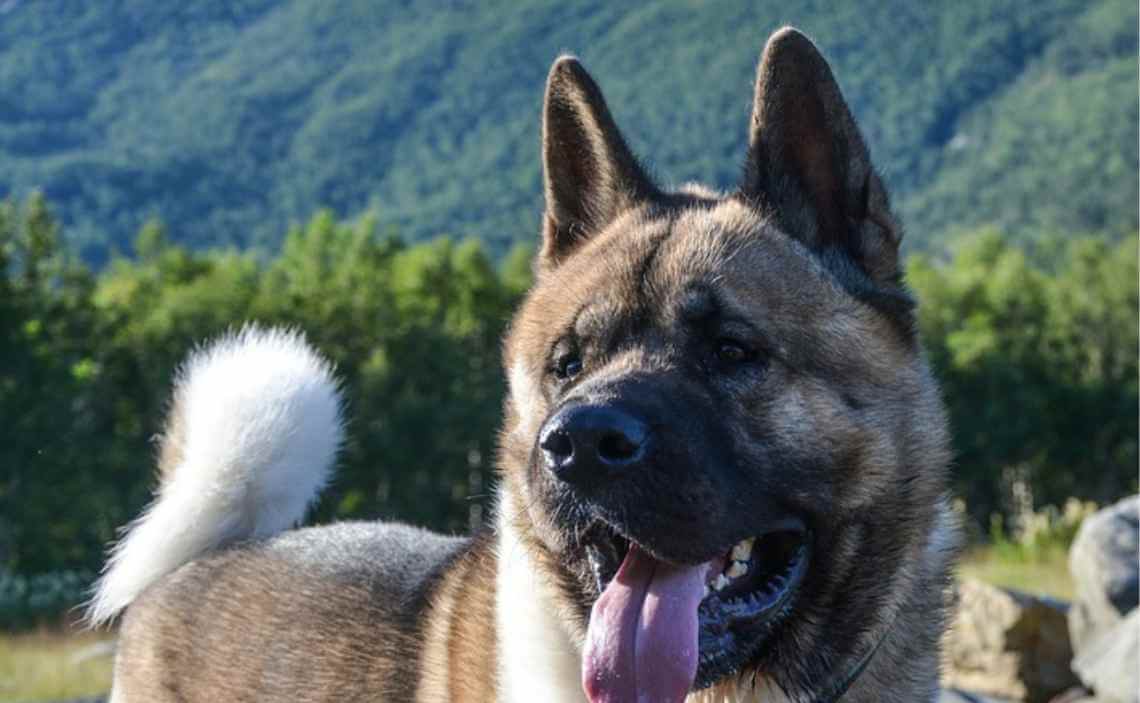
-
Sensitive, loving and gentle animals
In general, large and extra-large breed dogs tend to be notably loving, gentle and sensitive. They aren’t usually aggressive or deliberately hurtful, although they are often clumsy and can easily knock a child or fragile person over when playing or greeting them. This is why it is especially important that they are trained to interact with people carefully and need to be supervised when around children. Large and extra-large breeds are a great fit for families with pre-teens or teenagers where there is plenty of opportunity for play and exercise with family members.

-
Characteristically calm
Most large and extra-large breed dogs prefer to relax all day and are relatively calm inside the house. While they do need exercise to burn off their energy, most are happy to sleep all day as long as they receive daily exercise.
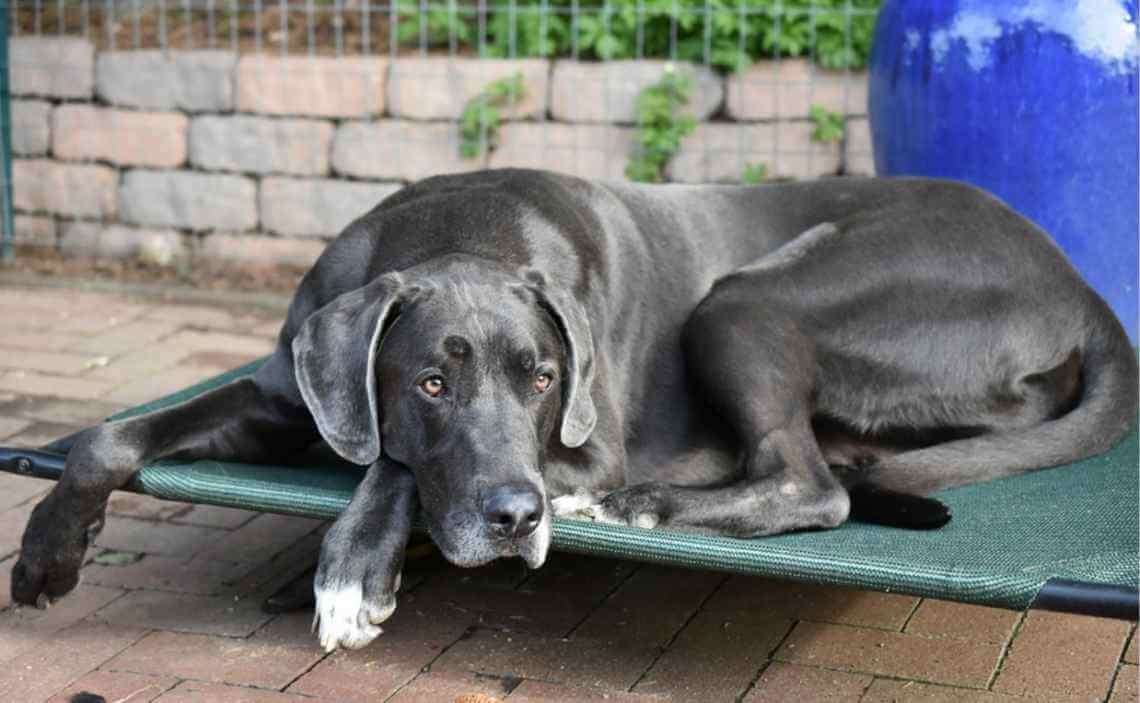
Challenges of Large and Extra-Large Breed Dogs
-
Bigger size means more food
Larger breed dogs will need more food than smaller breeds. And, you will be cleaning up larger quantities of stool. Some big dogs are slobberers, so you will need to find a place for the water dish where watery slime won’t ruin the floor or cause slipping accidents.
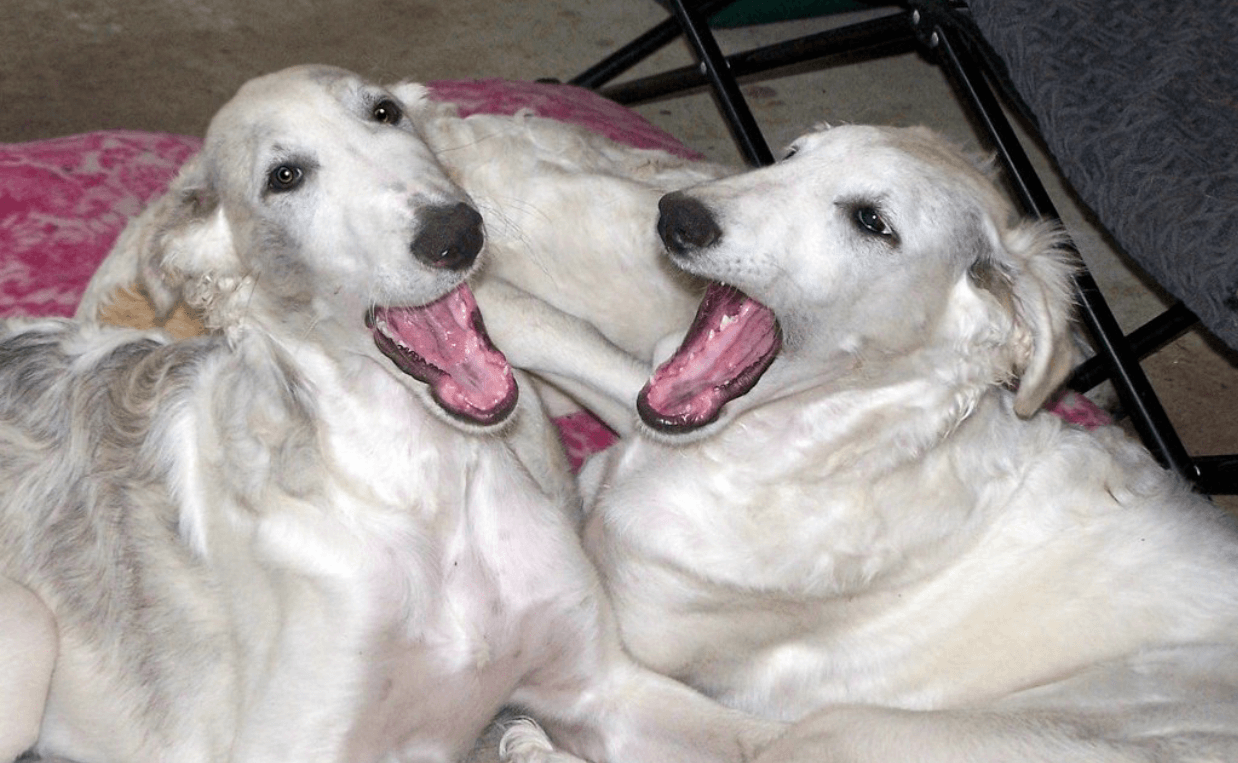
-
Larger spaces
In general, larger dogs need more space, a larger bed, a more spacious crate and a larger vehicle to accommodate him or her if you want to take your pooch places. Oh, and you might need an extra love seat or couch too!
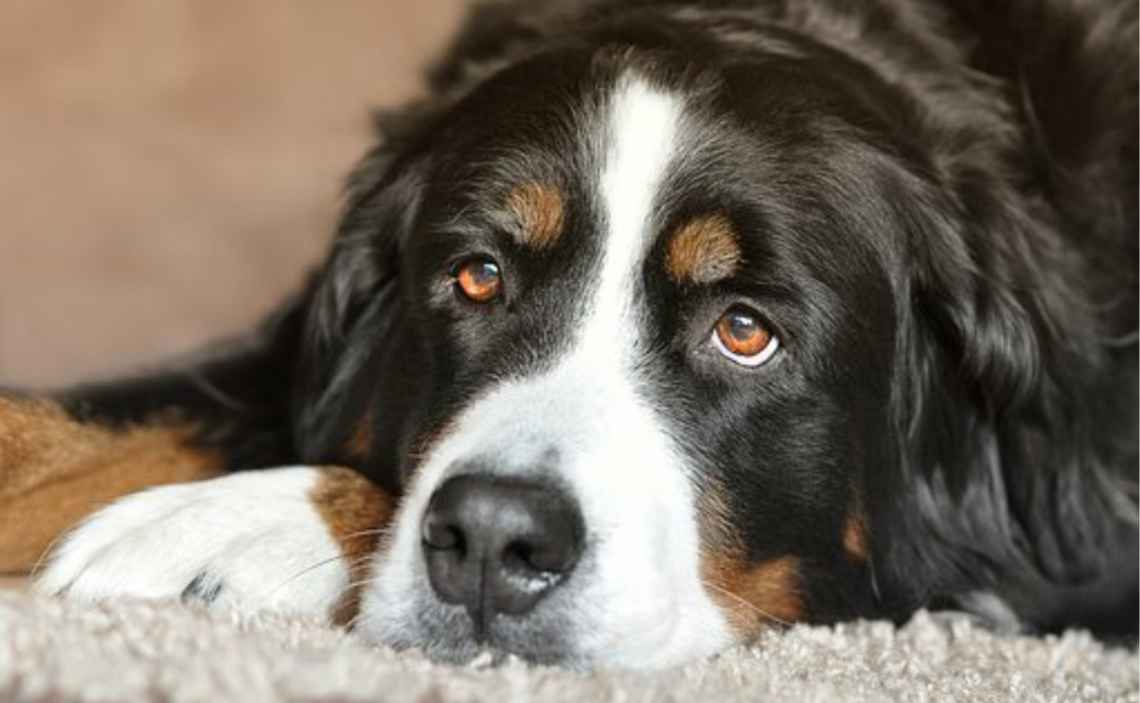
-
Secure yard
Your large breed dog will require taller, sturdier and more secure fencing. Depending on the height of your pooch, you should plan on a minimum of five to six feed in height for any fenced areas.
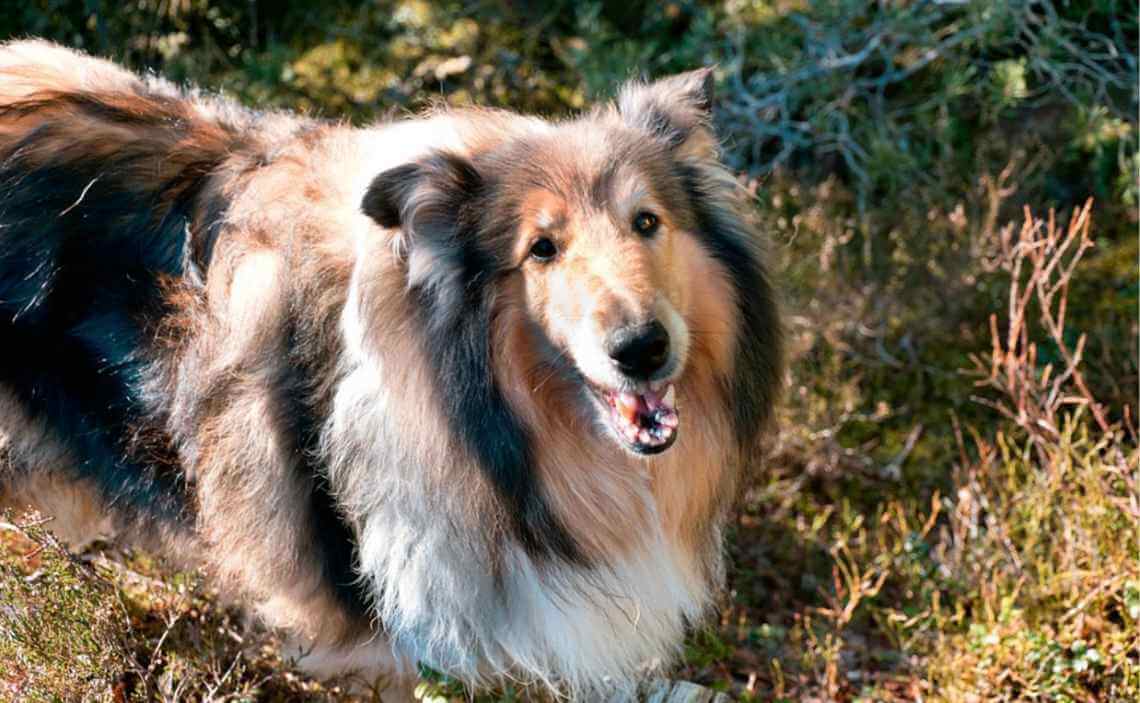
-
Grooming costs and dog hair
Depending on the breed, you may be dealing with an inordinate amount of pet dander. Be prepared to spend more at the groomers because larger dogs require more warm water, shampoo and grooming time.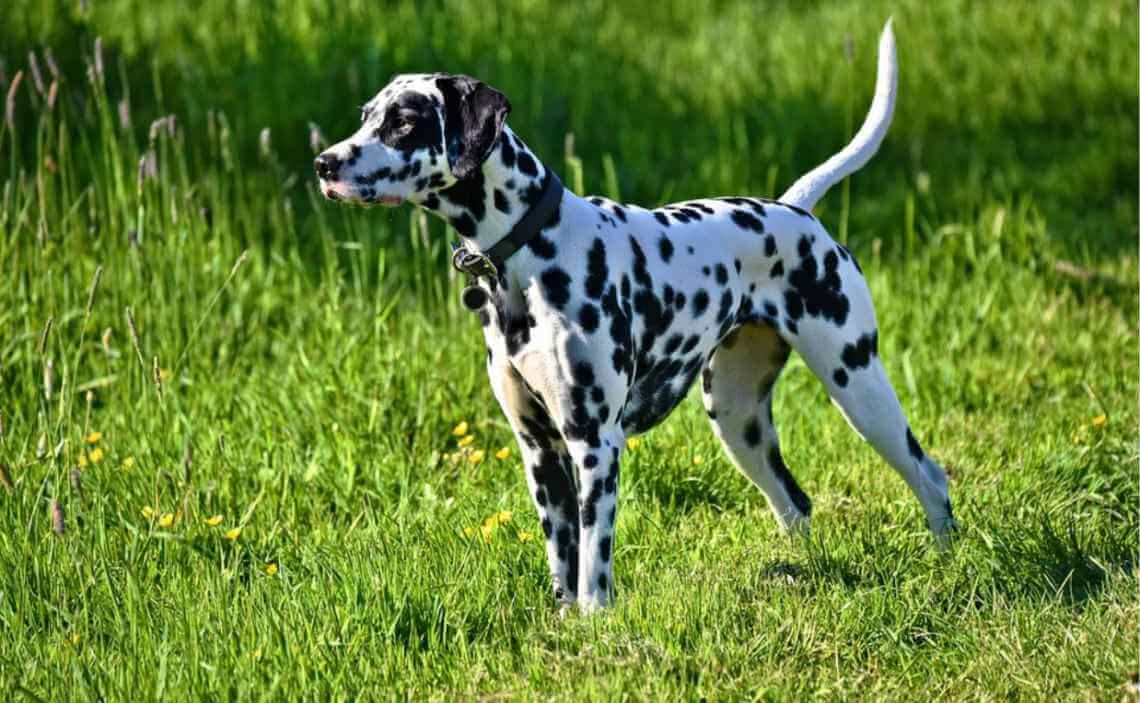
-
Obedience is key
Consistent obedience training starting when your puppy is young is essential. There is nothing worse (or more embarrassing) than being hauled around by your dog as he eagerly explores his surroundings or strains to meet a new canine friend. Big dogs have a great deal of strength that shouldn’t be underestimated.
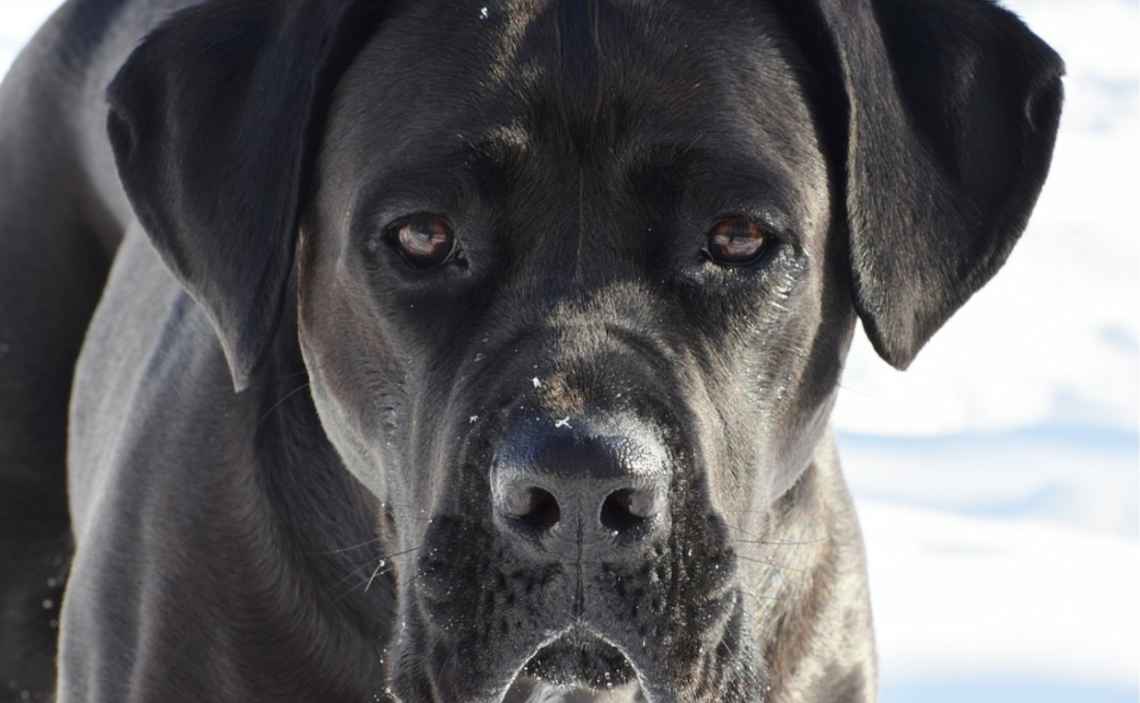
-
Lifespan
The lifespan of a large or extra-large breed dog is typically shorter than smaller breeds. Some breeds average about seven or eight years in age while smaller breeds often live twelve years or longer. Research to better understand why large dogs tend to age at an accelerated pace is underway. Researchers are looking at the growth and health histories of dogs to narrow down the leading cause of death in large breeds. For example, larger dogs tend to have a higher rate of cancer than smaller dogs.
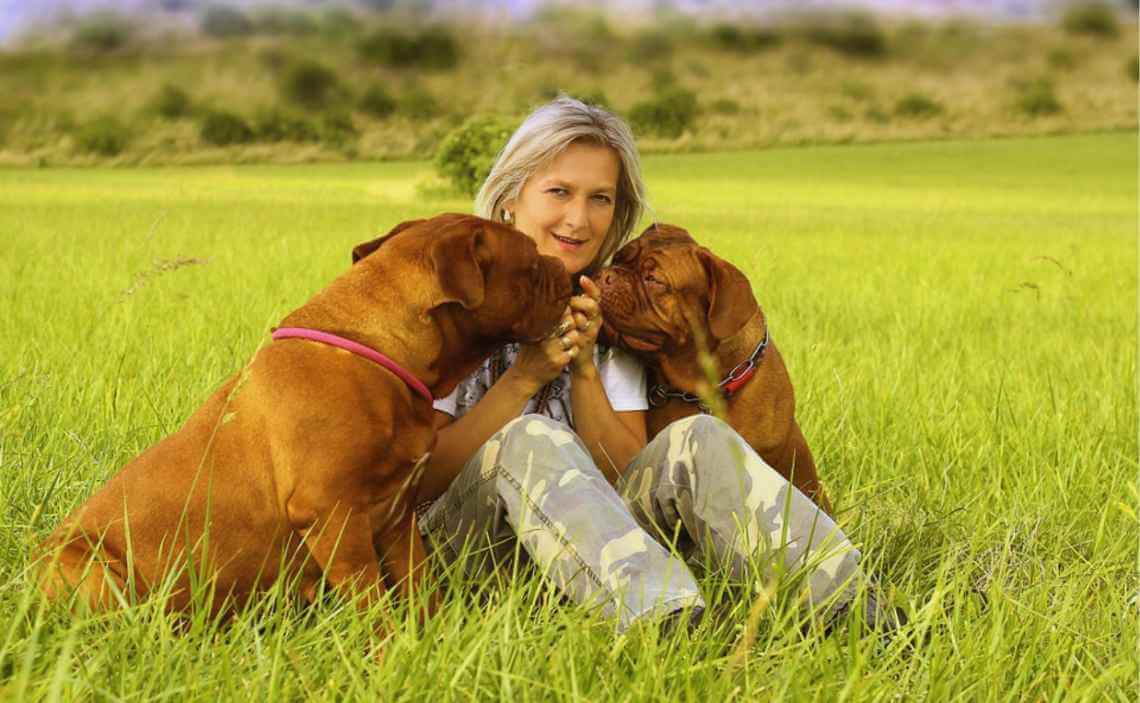
Overall, large and extra-large breeds make great canine companions. They have big, adoring hearts that will envelop you and your family in love. And they make the best bed-warmers ever – although you may need a king-sized bed to accommodate both you and them!
Are you the owner of a large or extra-large breed dog? What positive aspects have you experienced with your large breed dog?
Source:
“Did This Study Reveal a Way to Help Your Large Breed Dog Live Longer?” Mercola.com, 22 Mar. 2017, https://healthypets.mercola.com/sites/healthypets/archive/2017/03/22/large-dogs-die-younger.aspx.













Leave a Reply